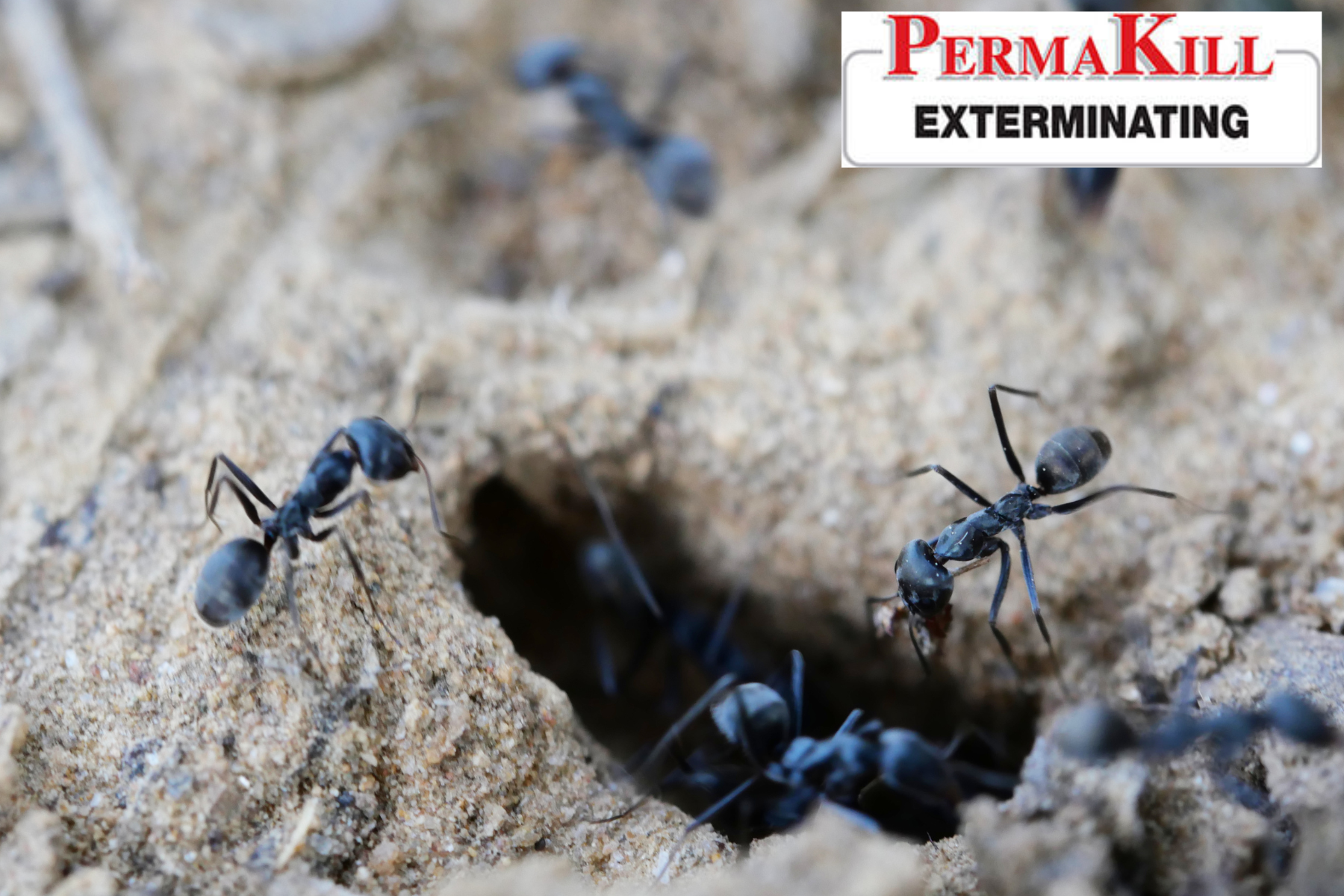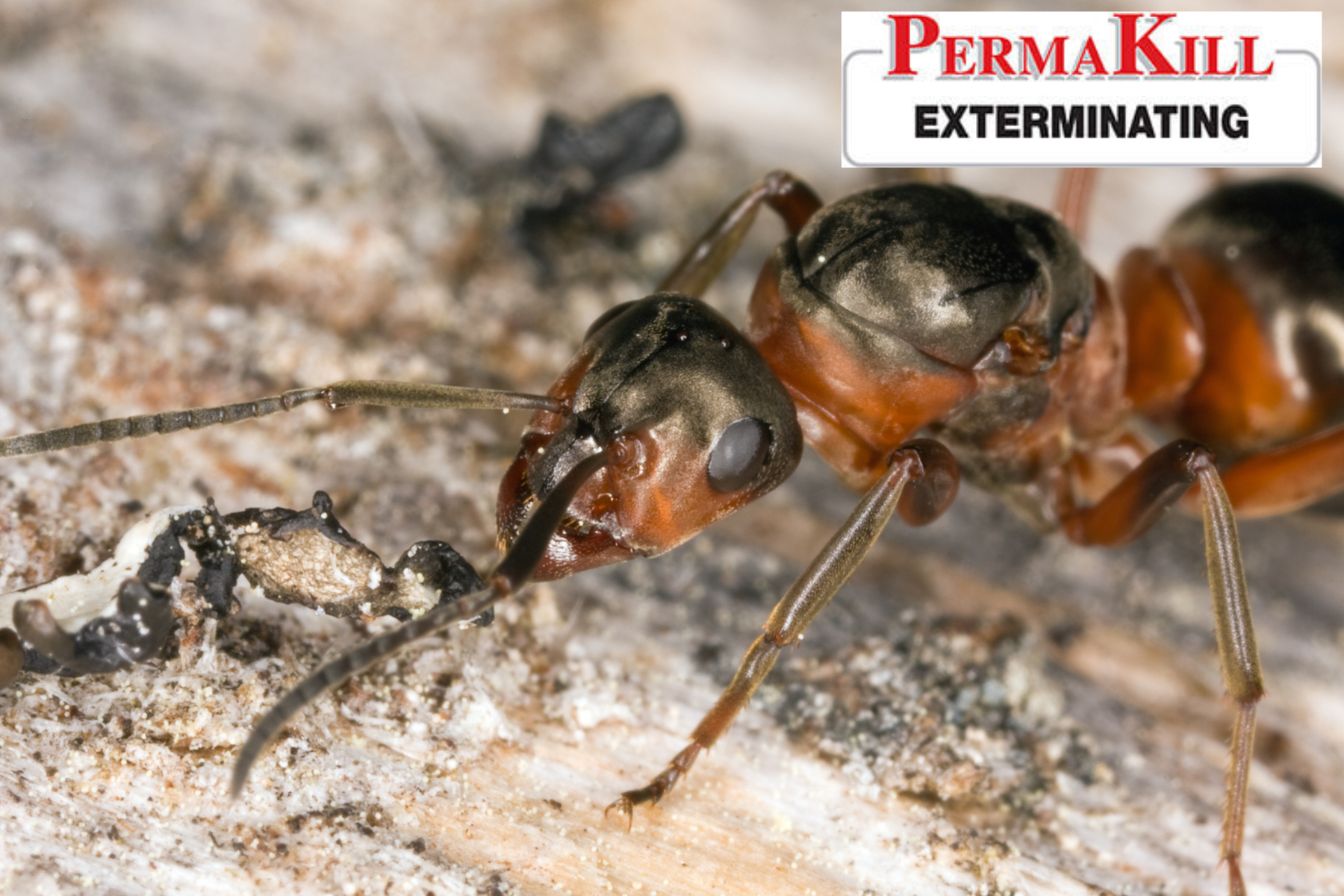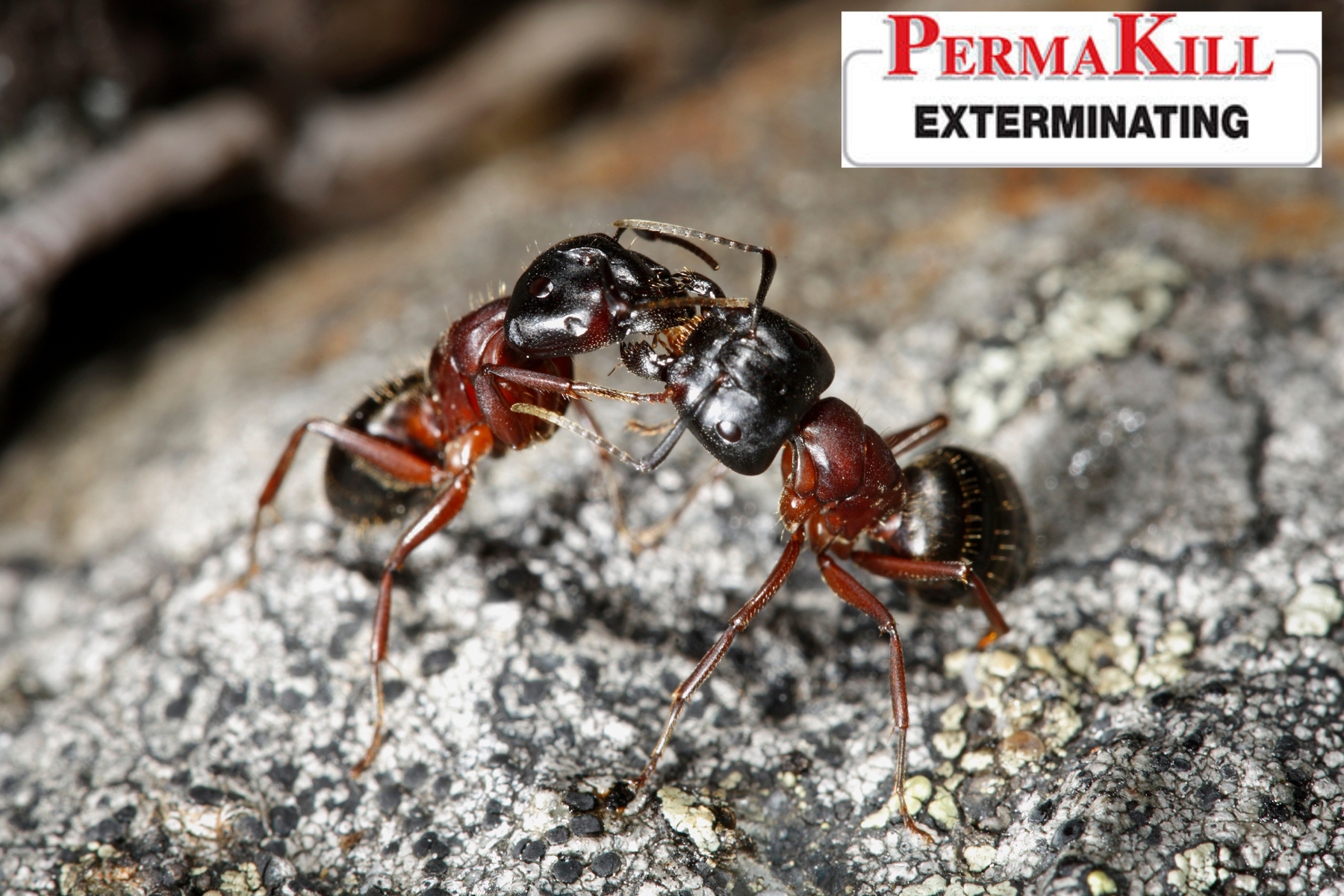- Flanders, NJ
- Login
- Reviews
- FAQ
- Newsletter
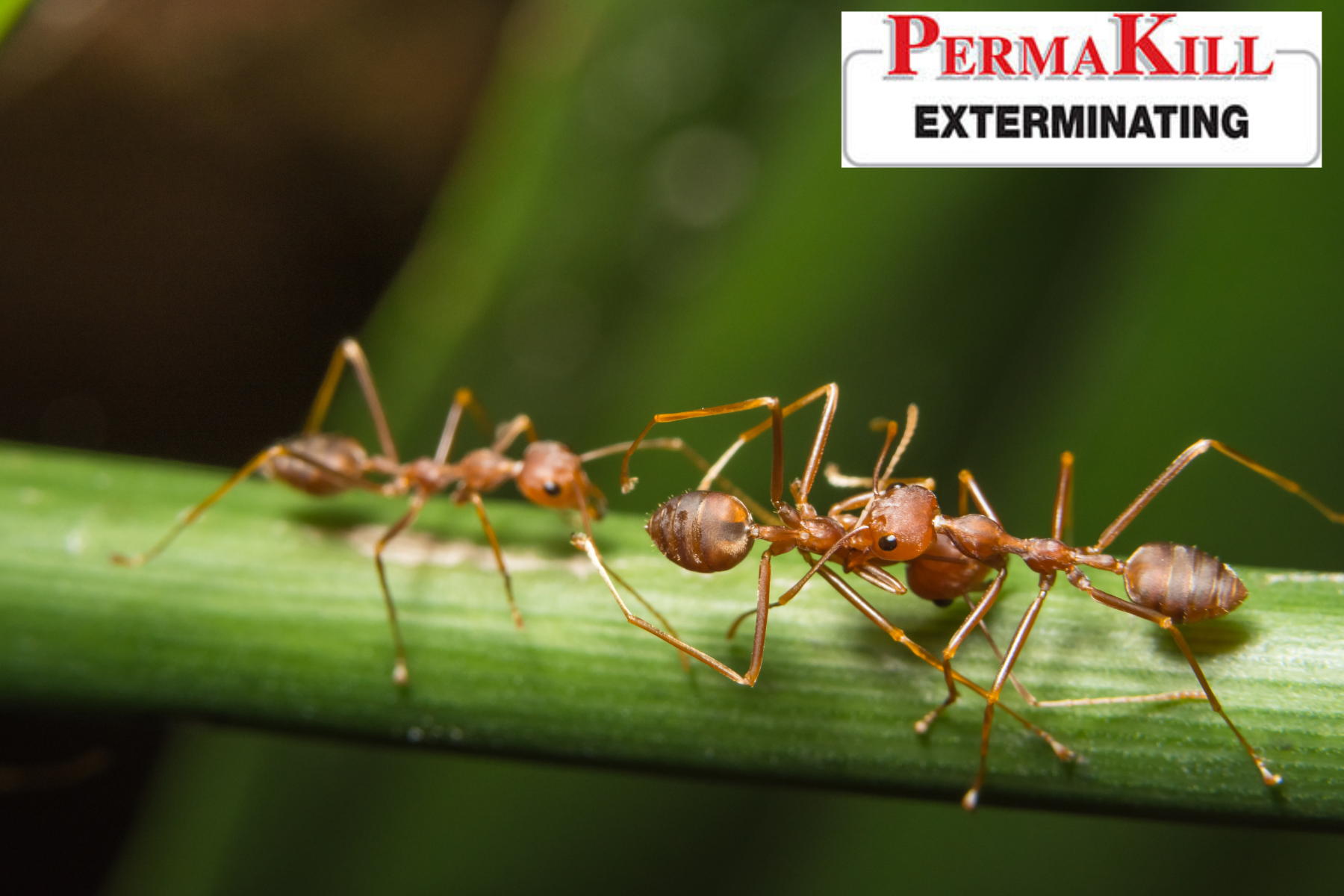
Common Signs of Ant Egg Infestations in Clinton, NJ, Kitchens (And How to Handle Them)
If you’re seeing more ants around your kitchen than usual, you might be dealing with more than just a few wanderers looking for food. Ant egg infestations are a serious concern for homeowners in Clinton, NJ, and they can quickly become a problem if left unchecked. How can you tell if you’ve got an ant egg problem? What should you do about it? In this blog, we’ll answer those questions and help you take control of the situation before it gets worse.
Understanding Ant Eggs and Why They Appear Indoors
What Do Ant Eggs Look Like?
Ant eggs are tiny, oval, and usually white or cream-colored. At first glance, they might appear to be grains of rice or sugar. However, they are typically found in clusters, hidden in cracks, behind appliances, or in corners where they may not be immediately noticed. These eggs are laid in protected spots, offering ants a safe space to raise their larvae and pupae. If you’re wondering what do ant eggs look like in your Clinton, NJ home, the key is to look for small, white grains in areas where ants are active.
Why Ants Choose Kitchens to Lay Eggs
Your kitchen is the perfect place for ants to lay eggs. It provides food, moisture, and warmth, everything ants need to thrive. Crumbs, grease, and spilled drinks all attract ants, while hidden areas, such as cracks in cabinets or behind appliances, provide the shelter ants need to lay eggs. In Clinton, NJ, especially with the local climate, ants often seek shelter indoors, particularly after rainfall or during warm months.
Signs of Ant Egg Infestations in Your Clinton, NJ Kitchen
Clusters of Tiny White or Cream-Colored Grains
The most obvious sign of an ant egg infestation is finding clusters of small white or cream-colored grains scattered in hidden areas. These eggs are typically found near food sources, water, or places where ants have been most active. Check areas like behind your refrigerator, under your sink, or along pantry shelves for signs of ant eggs.
Increased Ant Traffic in Specific Areas
If you notice an unusual amount of ant traffic in specific parts of your kitchen, this could be a sign of an infestation. Worker ants often carry eggs, larvae, or pupae back to their nests. If you follow their trail, you might uncover where they are nesting. Spotting large numbers of ants consistently around one area could indicate that eggs are being laid nearby.
Presence of Ant Frass or Debris
Ants leave behind frass (debris), which may appear as small bits of soil, sawdust, or dead ants. If you find frass near cracks in the walls or under appliances, it’s a telltale sign that ants have established a colony nearby. Frass can also be an indicator that the ants are laying eggs in the area.
Rustling Sounds or Movement in Walls
In severe infestations, you may even hear faint rustling sounds coming from inside the walls. This is caused by ants moving their eggs, larvae, or pupae. If you hear these sounds, it’s a strong indication that you’re dealing with a significant infestation.
Are Ant Eggs Dangerous in Your Clinton, NJ Home?
Health Risks
Although ant eggs themselves are harmless to humans, the ants that hatch from them can be a nuisance. They may contaminate food, spread bacteria, and, in some cases, even bite if they feel threatened. Kitchens are especially vulnerable to contamination because of the frequent presence of food. Cleaning up food sources immediately and ensuring food containers are tightly sealed can help reduce the risk.
Structural and Kitchen Damage
Certain species of ants, such as carpenter ants, can cause damage to the wood in your home. Carpenter ants don’t eat wood but burrow into it to create nests. Over time, this can weaken wooden structures. If you’re dealing with carpenter ants in your kitchen, the eggs and larvae they leave behind could potentially cause damage to your cabinets, walls, or insulation.
When to Worry
If you notice ants reappearing after cleaning or see large colonies of ants laying eggs, it’s time to take action. Ants are highly resilient and can quickly multiply, making it increasingly difficult to control the infestation over time. In this case, it’s important to act fast.
Why You’re Seeing So Many Ants Around Your House
Seasonal Ant Activity in Clinton, NJ
Ants are more active during the warmer months, and the climate in Clinton, NJ, makes it a great environment for them. Ants are often more visible in your kitchen as the weather warms, or after a heavy rainfall. They enter your home searching for food and shelter, and your kitchen provides both in abundance.
Food and Moisture Sources in Your Kitchen
Kitchens offer a smorgasbord of food and moisture that ants can’t resist. Crumbs, sticky spills, pet food, and even standing water can attract ants. If you haven’t sealed your food or wiped down surfaces, ants may find their way inside and begin laying eggs. Moisture from leaks or damp areas also draws ants indoors.
Hidden Nesting Spots Inside Your Home
Ants are experts at finding hidden areas in your home to nest. They may choose spots behind appliances, inside cracks in the walls, or under flooring. If you’re noticing ants regularly in your kitchen but can’t locate their nest, they could be nesting inside walls or cabinetry. This makes them difficult to address without professional help.
How to Handle an Ant Egg Infestation
Quick Steps Homeowners Can Take
- Clean Up: To avoid attracting ants, immediately clean up crumbs, wipe down counters, and seal food in airtight containers.
- Vacuum Up Visible Eggs: If you spot ant eggs, use a vacuum to remove them and dispose of the vacuum bag outside to prevent the eggs from hatching.
- Seal Entry Points: Check for cracks or gaps around windows, doors, and other openings, such as those for appliances. Sealing these areas will stop ants from entering your home.
- Fix Leaks: Ants are drawn to moisture. Ensure there are no leaks around your kitchen sinks or plumbing fixtures.
When to Call a Professional Exterminator in Clinton, NJ
If you’re dealing with large numbers of ants, finding eggs, or noticing that the problem persists despite your best efforts, it may be time to call a professional pest control service. A pest control Clinton technician can identify the type of ants in your home, locate the nest’s source, and provide targeted treatments to eliminate the entire colony. Here’s a real-life example of how making the right choice in pest control can make a huge difference:
“We switched to Permakill a couple of months ago when we were unhappy with our current pest control company. We like Permakill because they are more local, and the techs and office have been professional, responsive, and thorough. We feel like we made a very good choice!” – Jill Lattmann
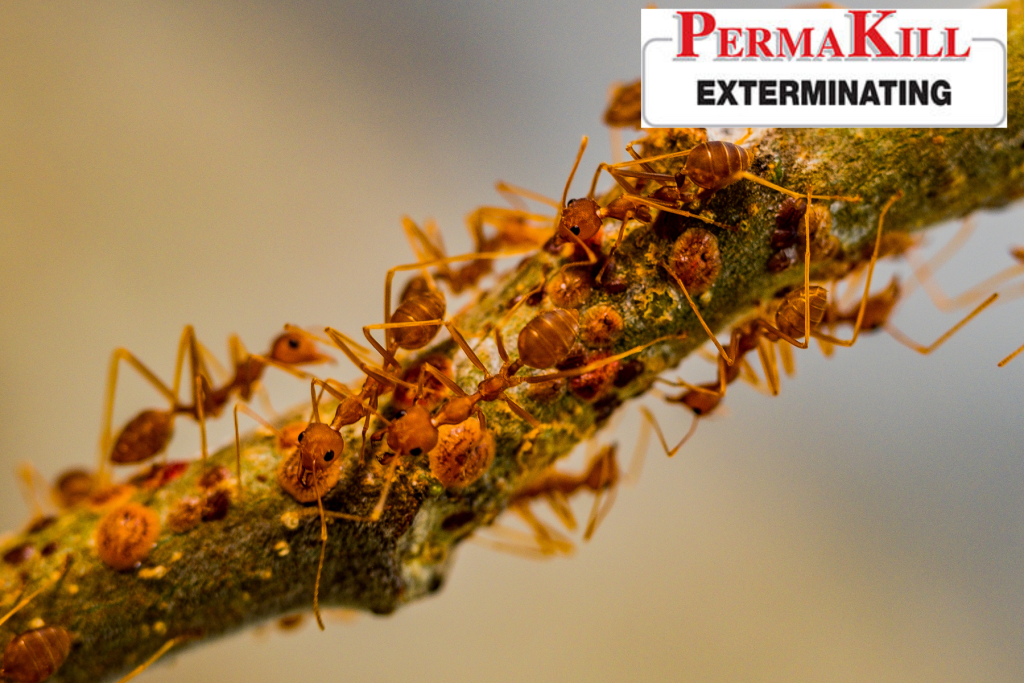
Preventing Future Ant Egg Problems
To prevent future infestations, keep your kitchen clean, seal food properly, and fix any leaks. Regular pest inspections from a professional pest control Clinton NJ service can also catch problems early and stop them from escalating.
Conclusion
Ant eggs in your kitchen may seem like a small issue, but they can quickly turn into a larger problem. If you notice signs of an infestation, whether it’s eggs, more ants than usual, or frass it’s important to take action before the problem gets out of hand. If you’re dealing with an infestation or need help with ant control near me, don’t hesitate to contact a professional pest control service. At Permakill, we’re here to help you protect your home. Ready for a free quote? Contact us today!

